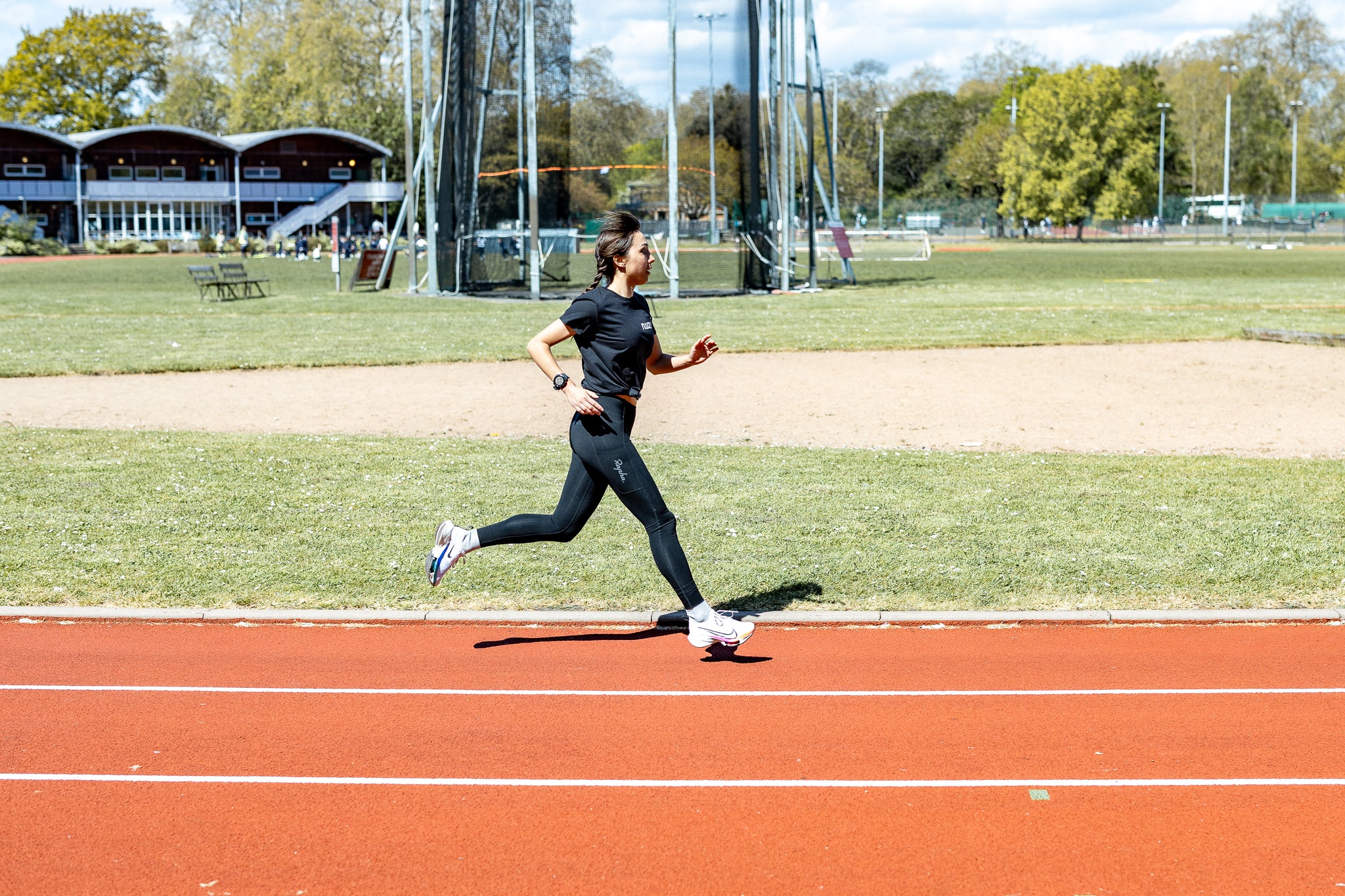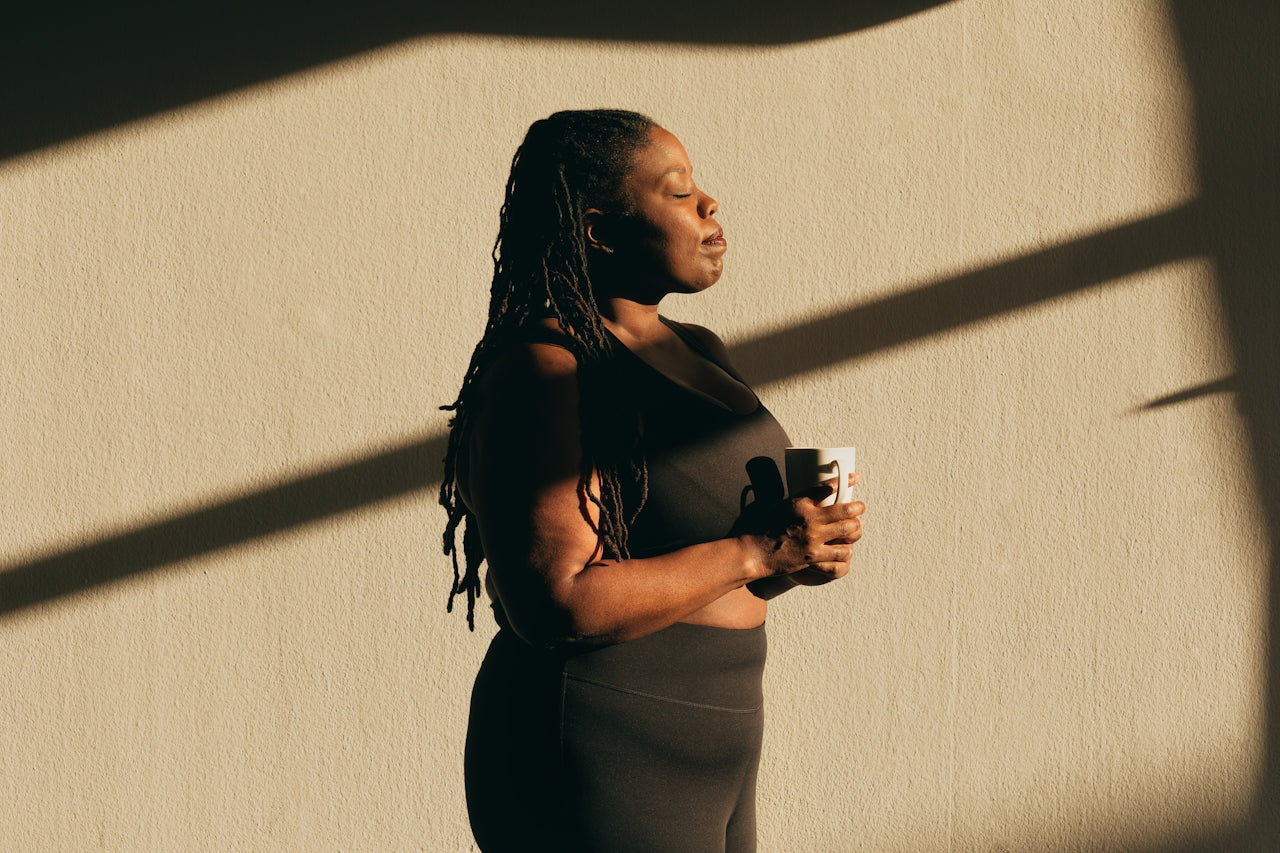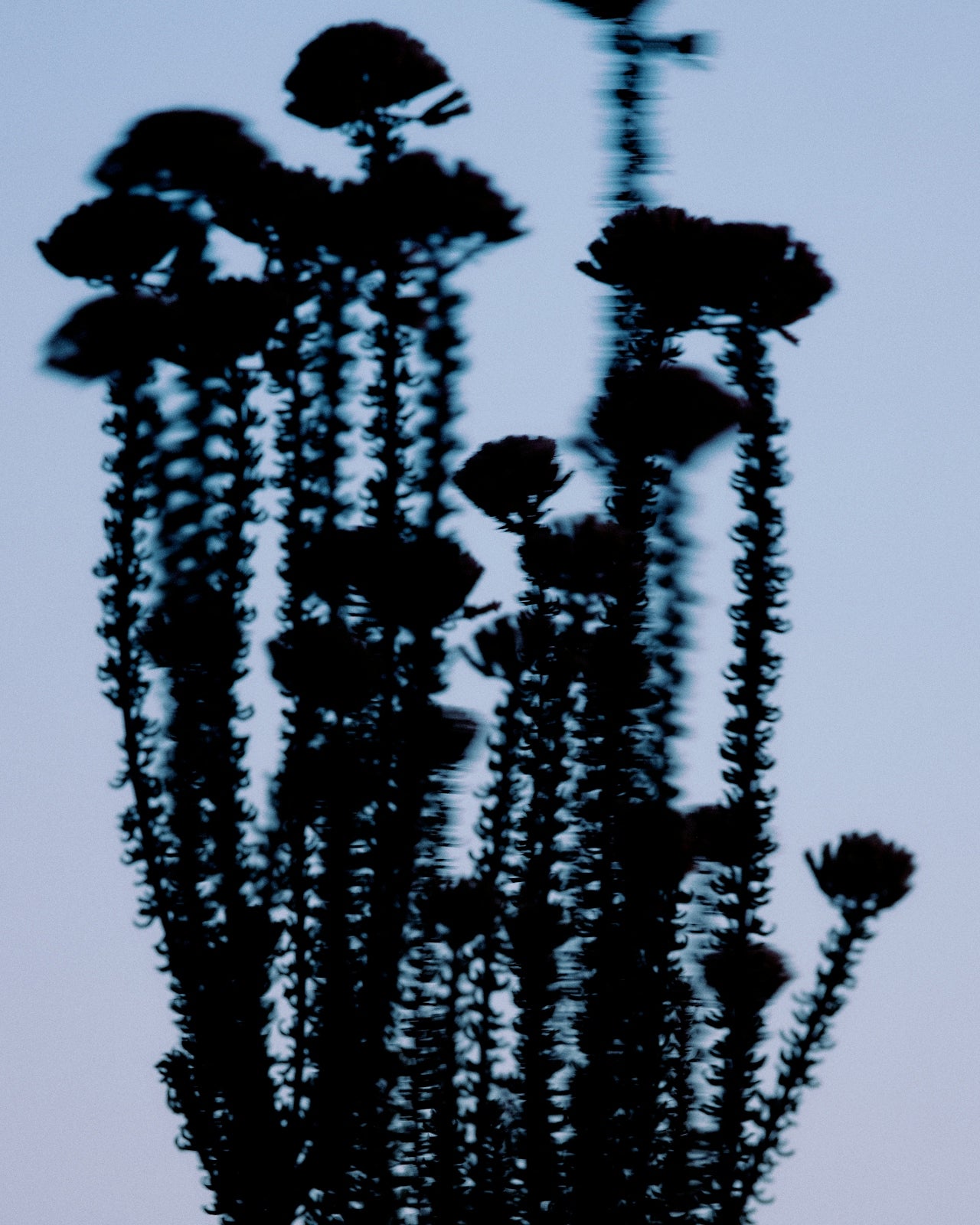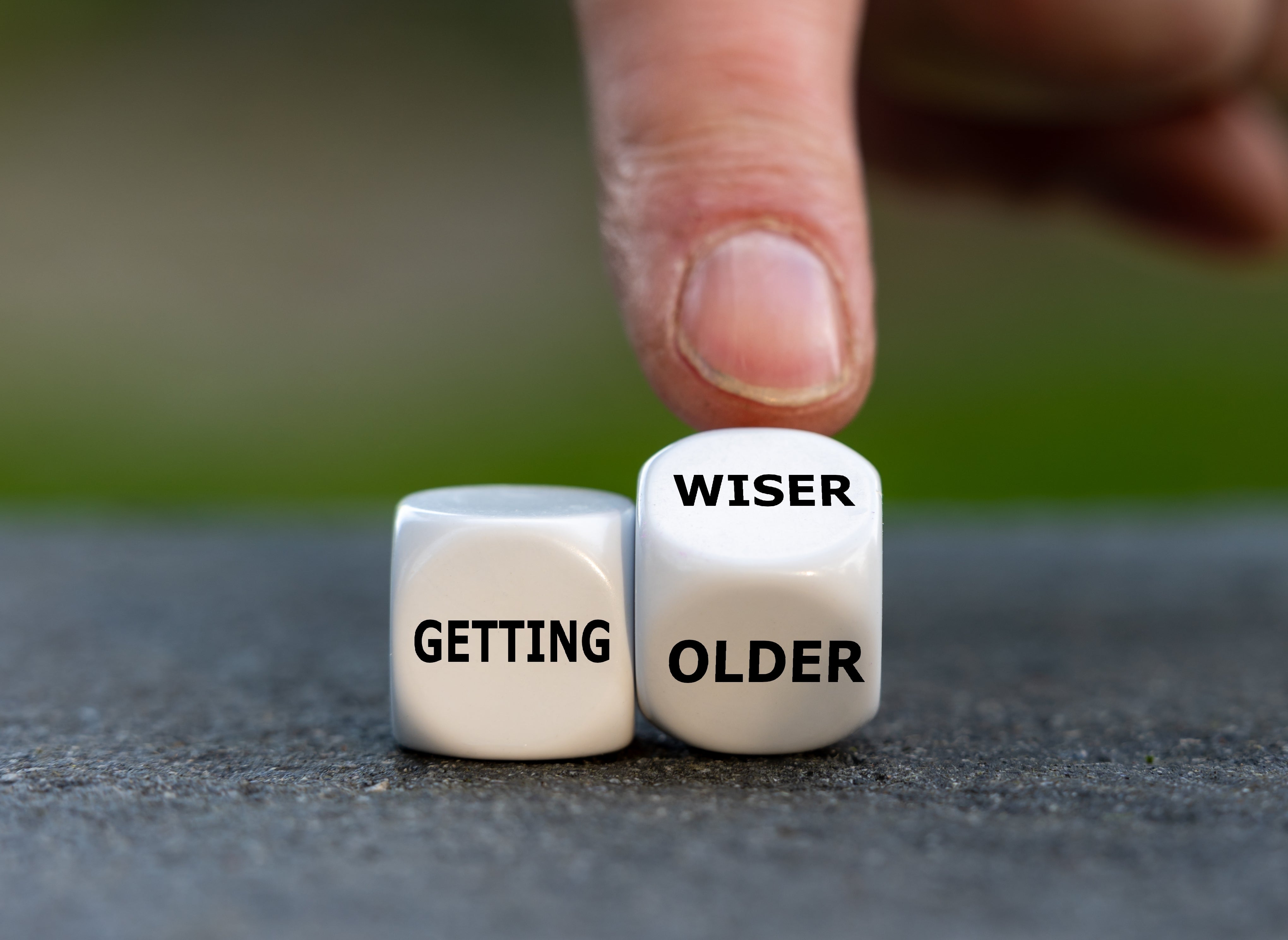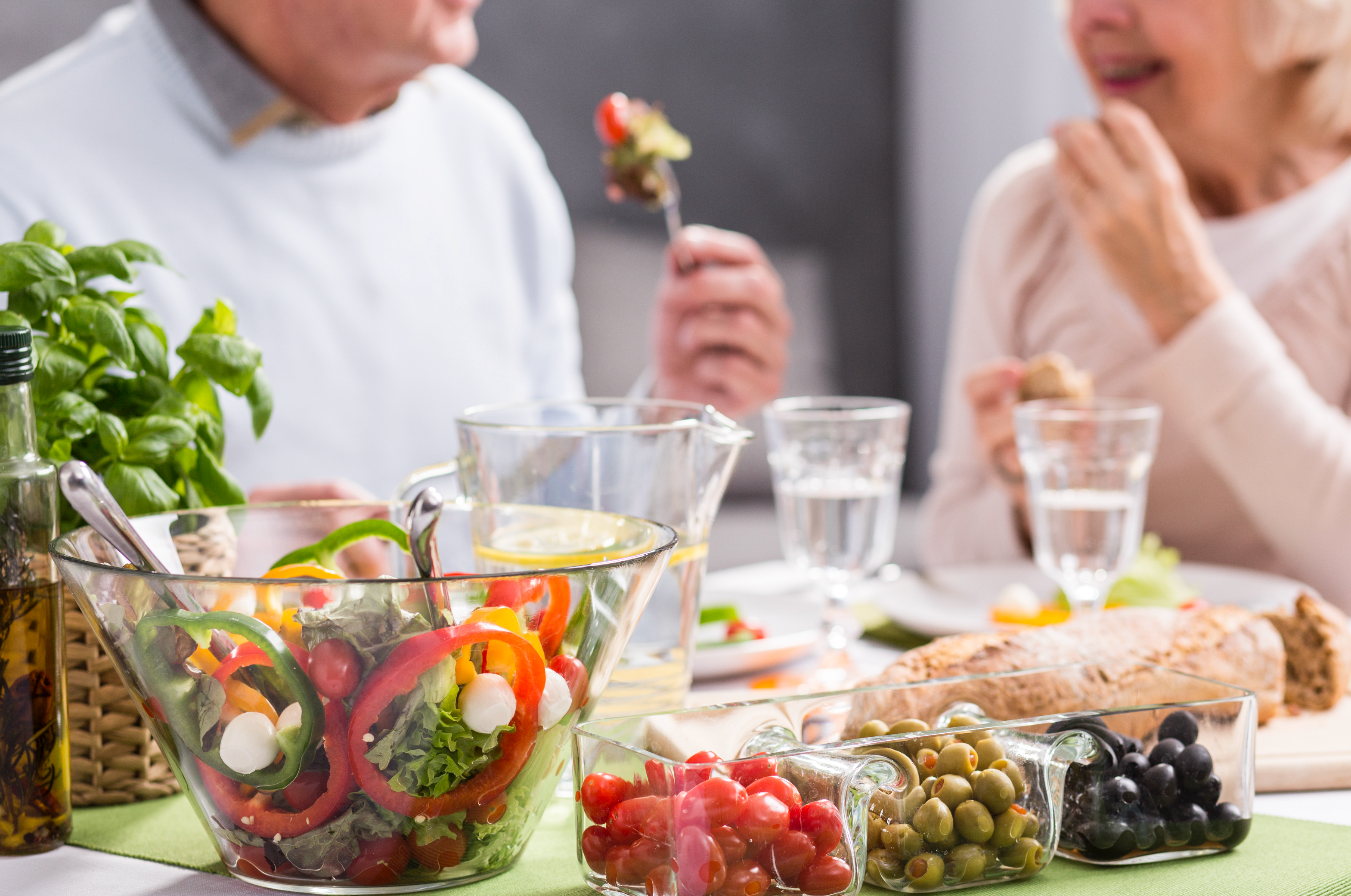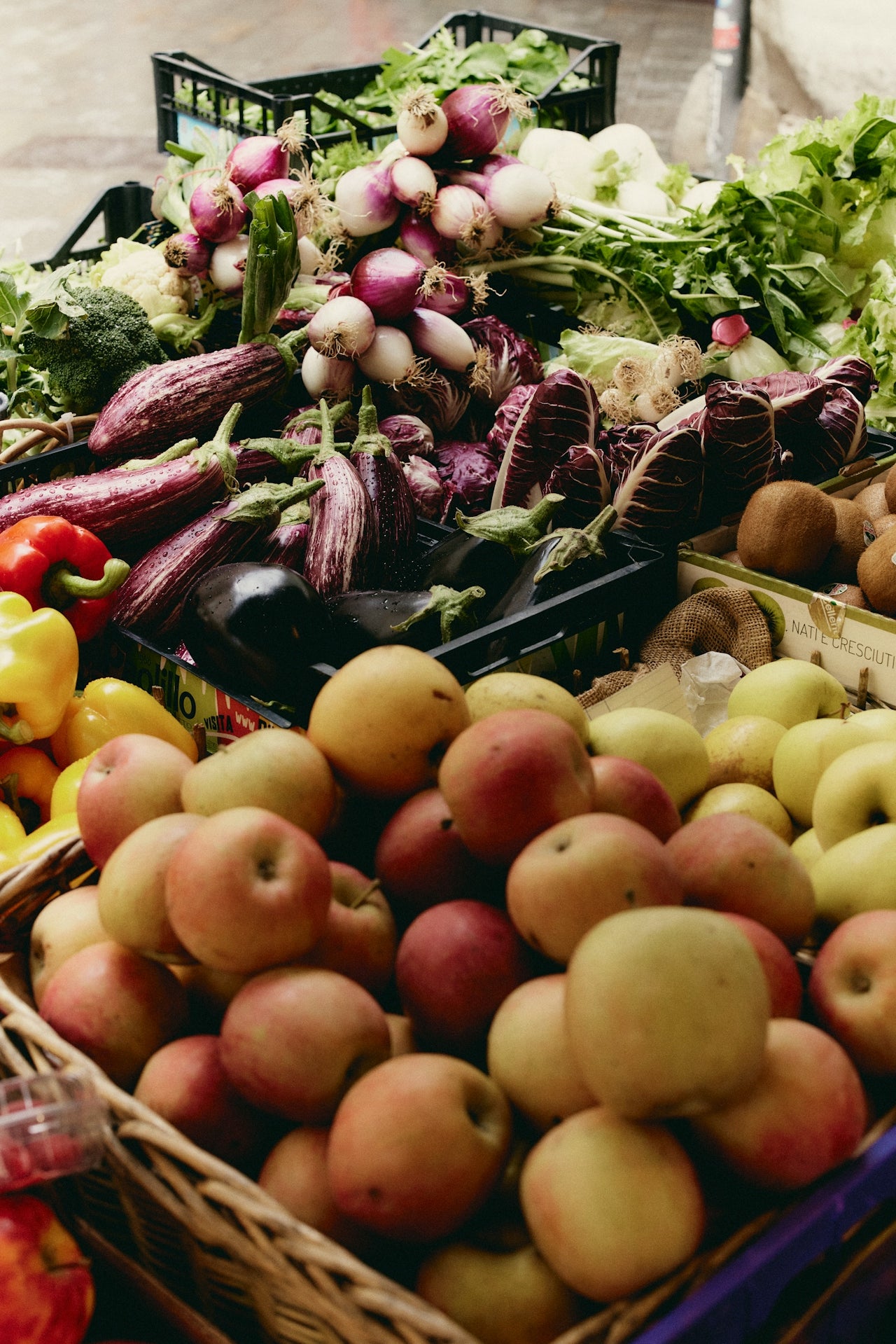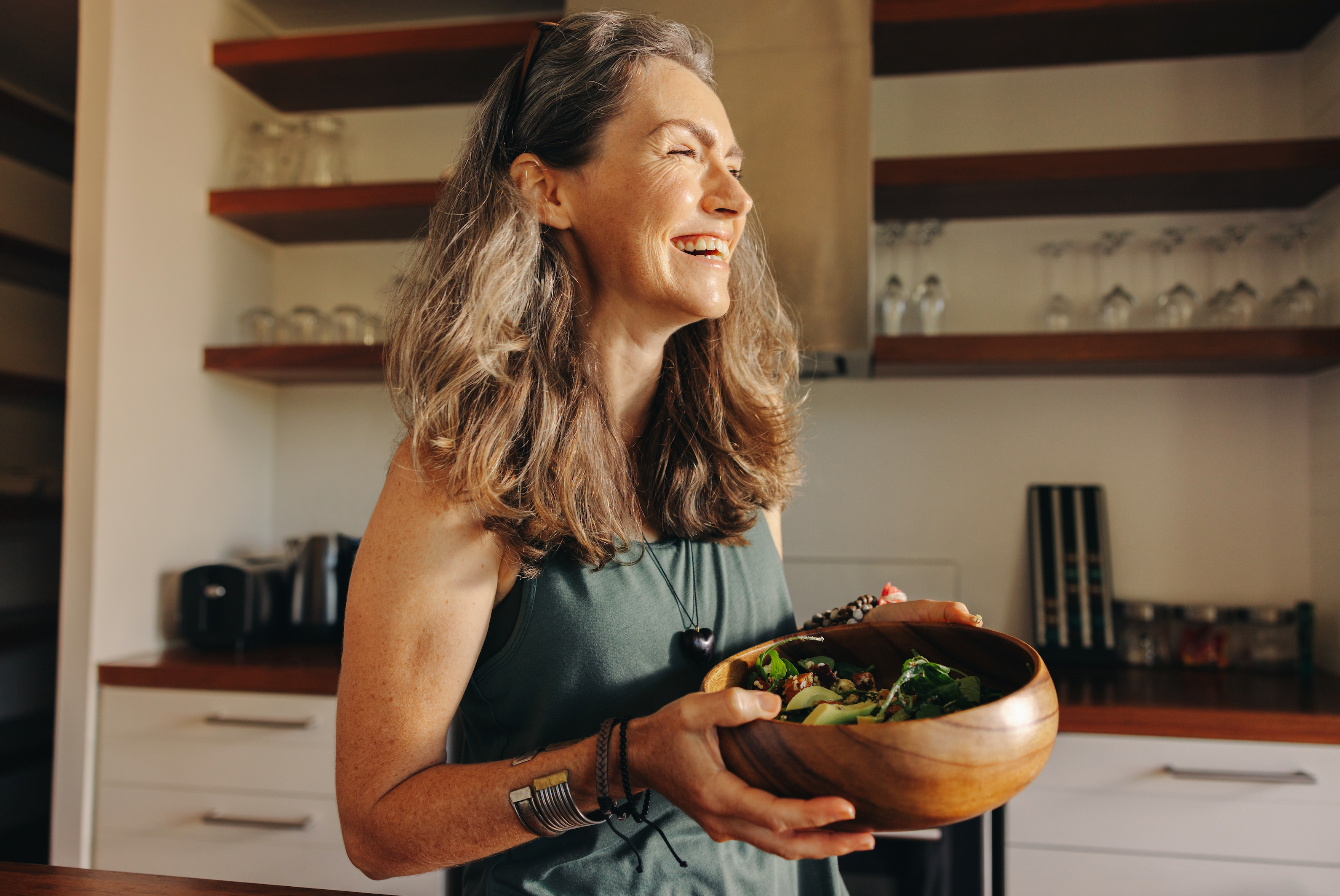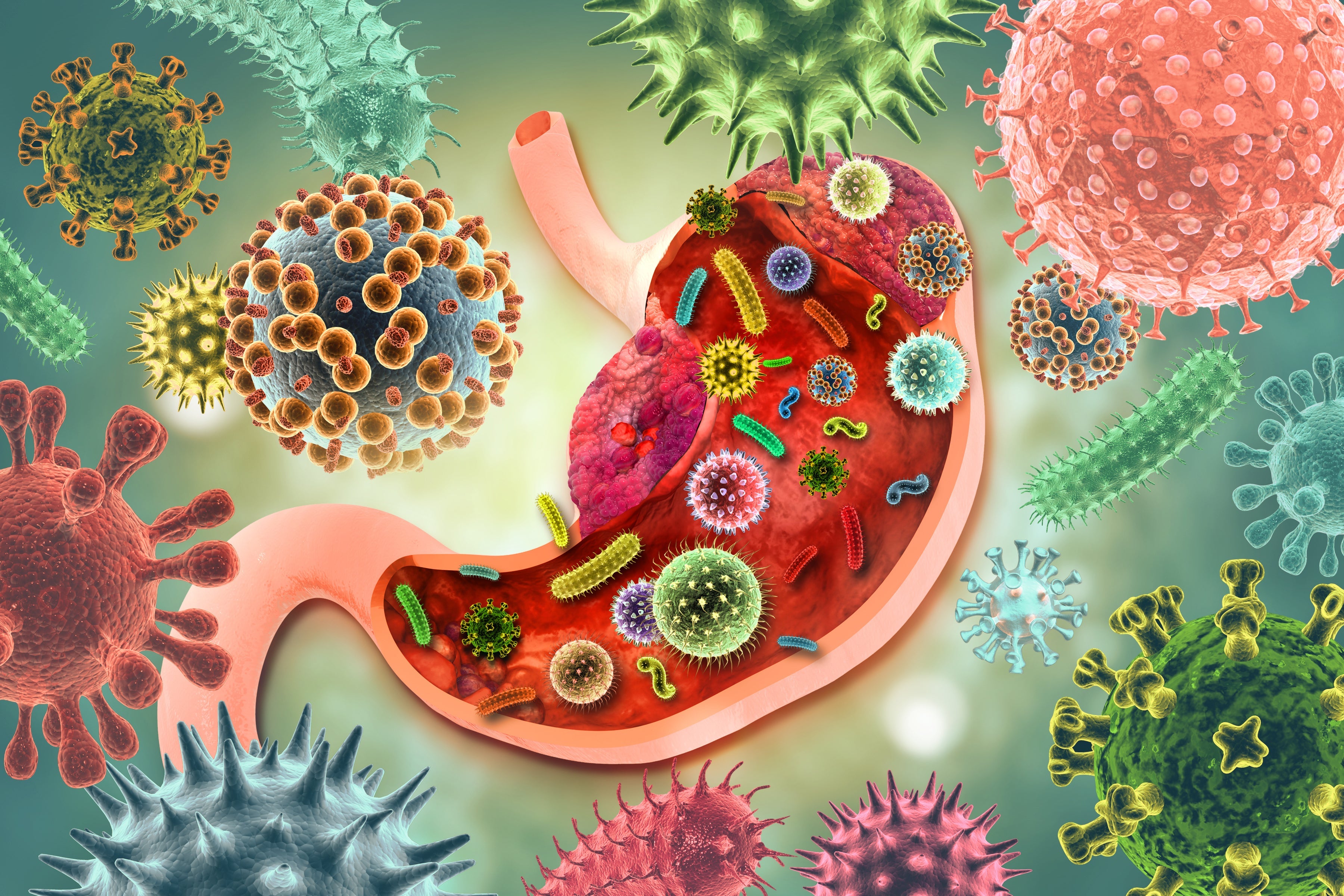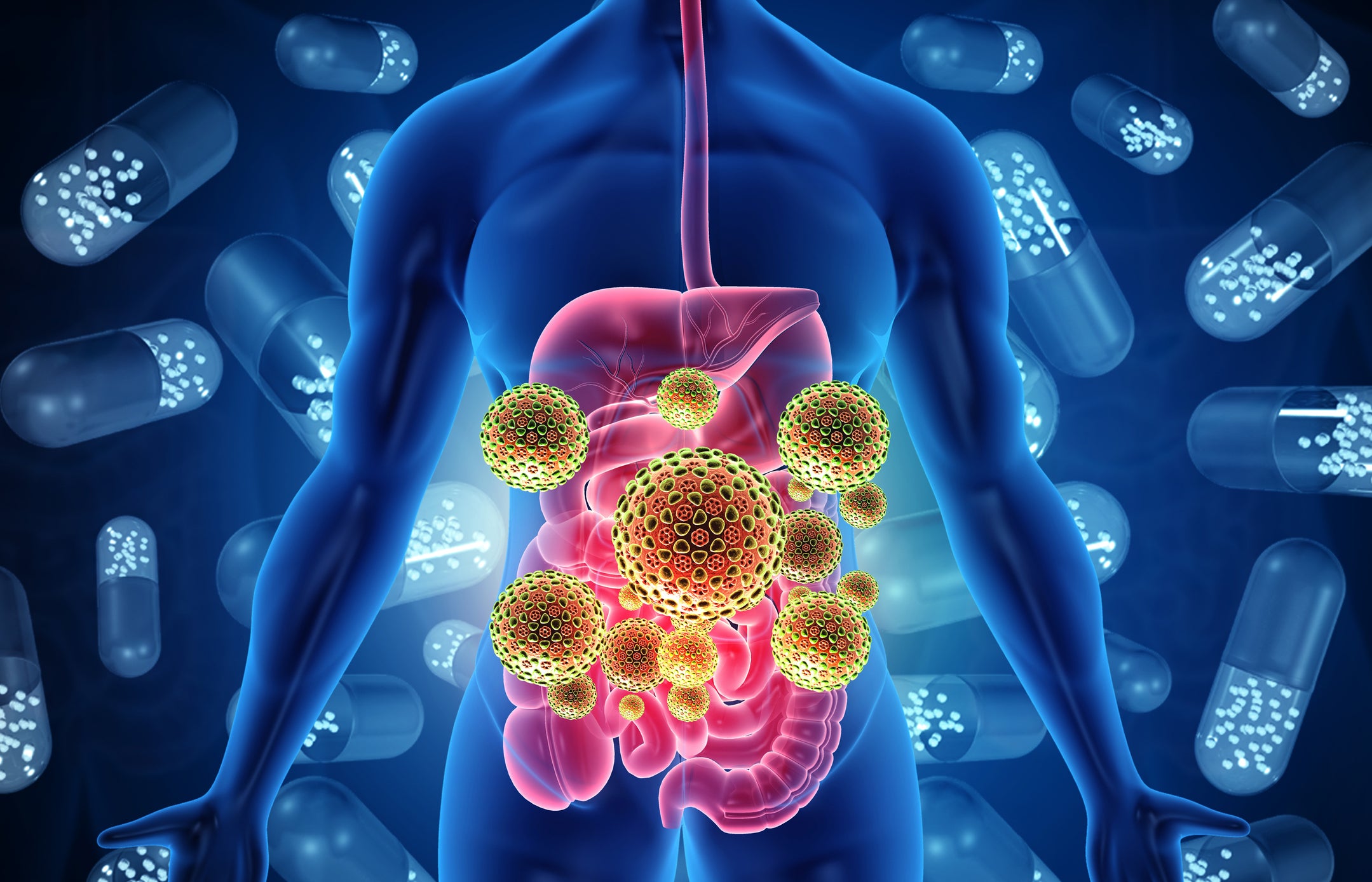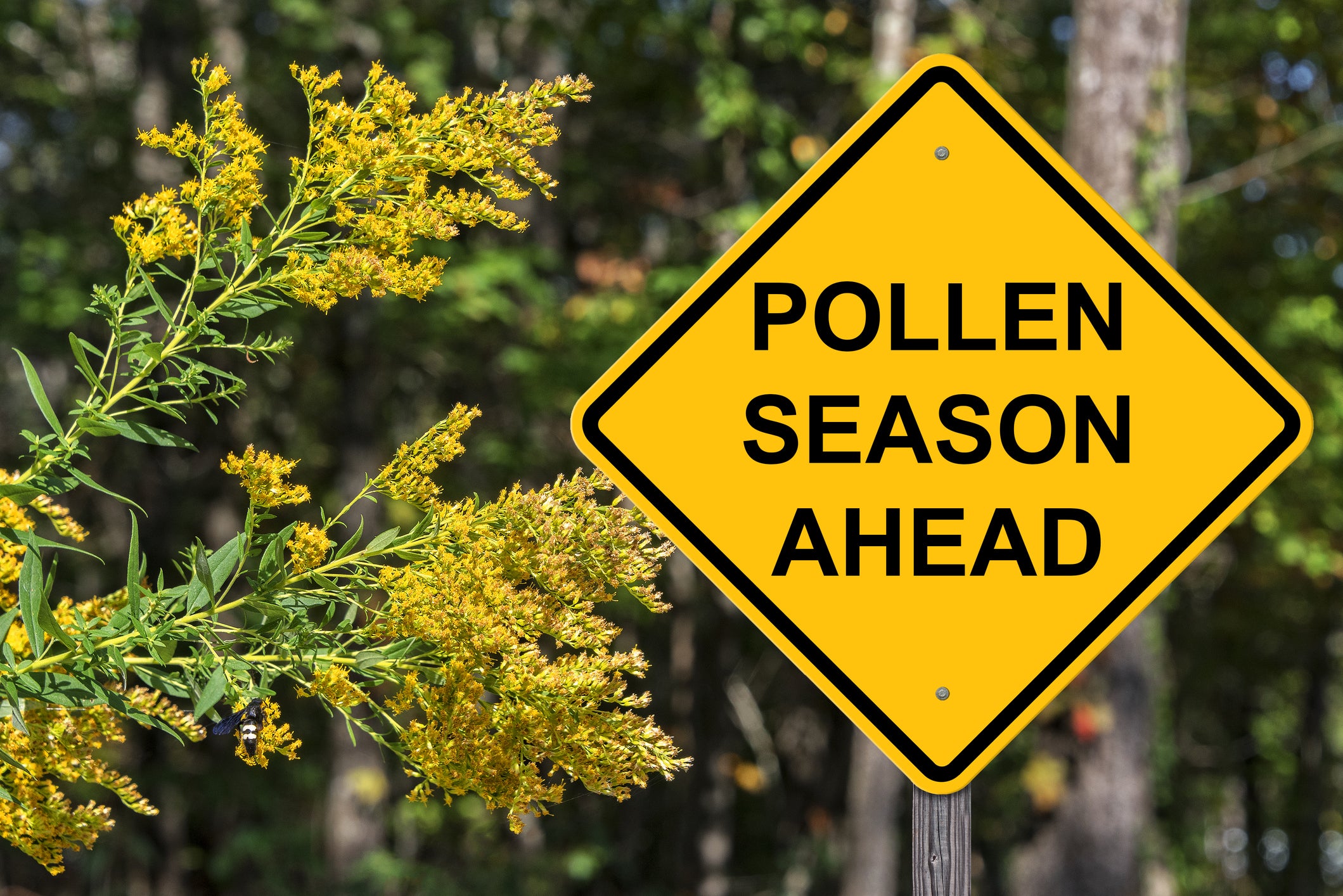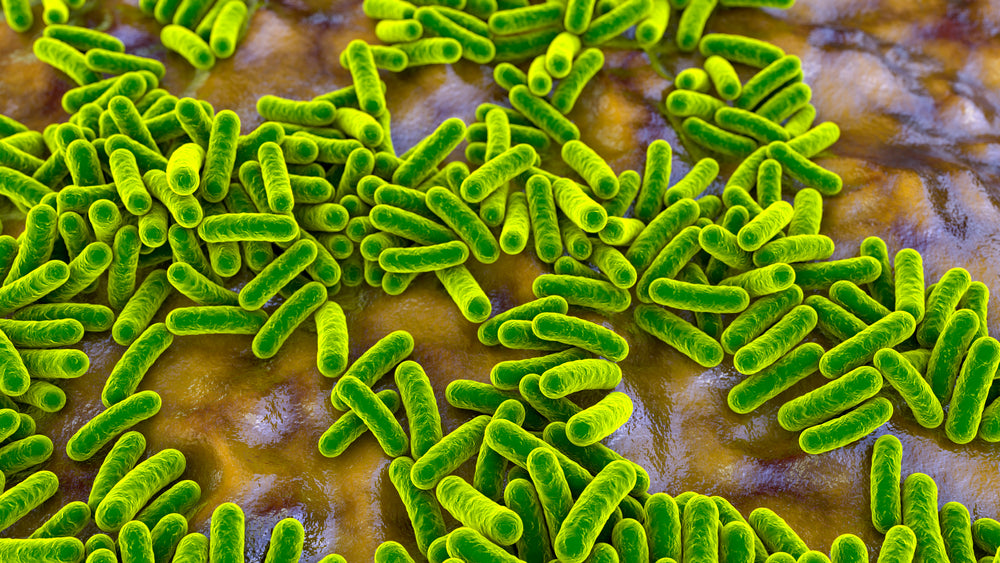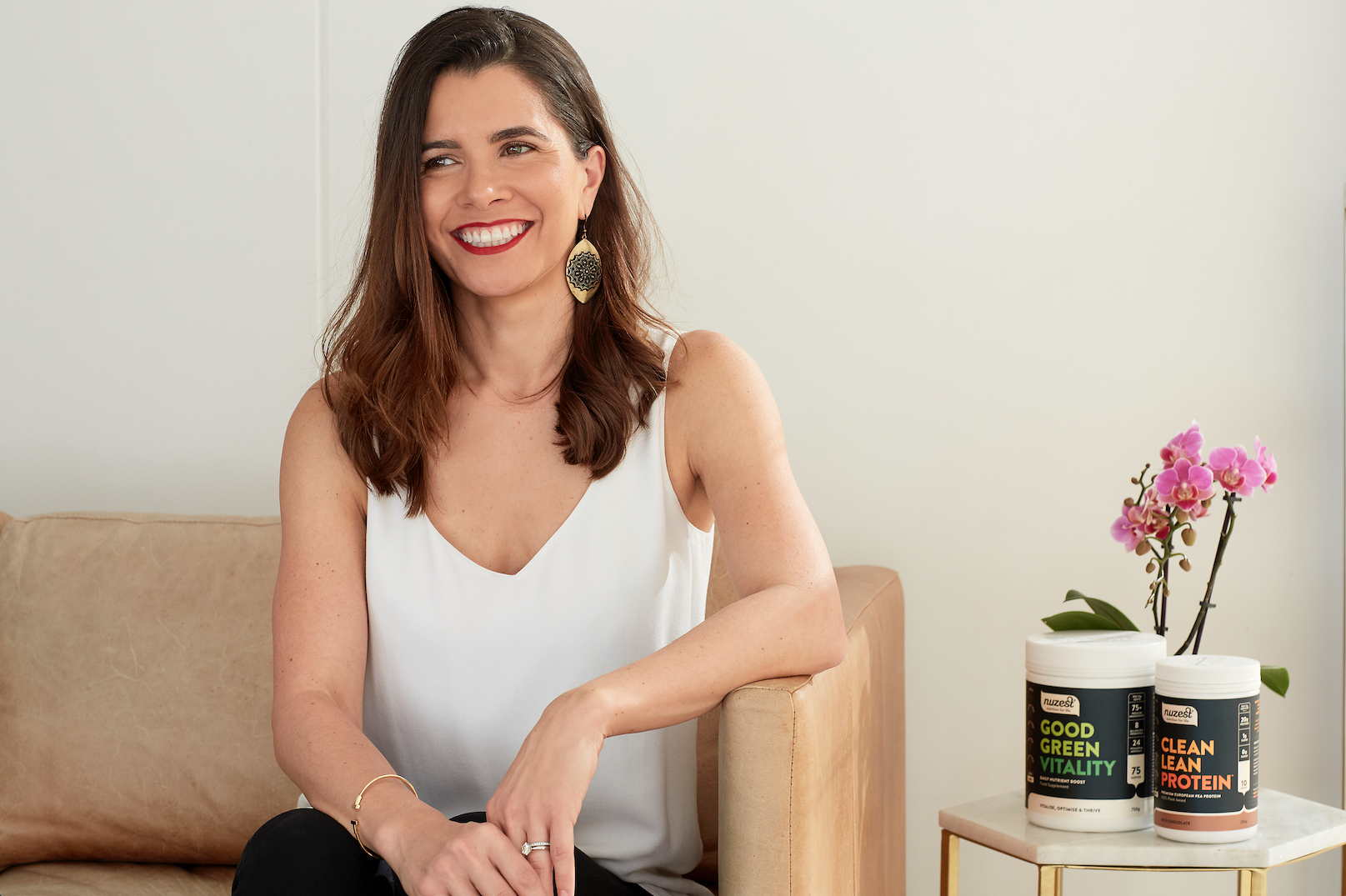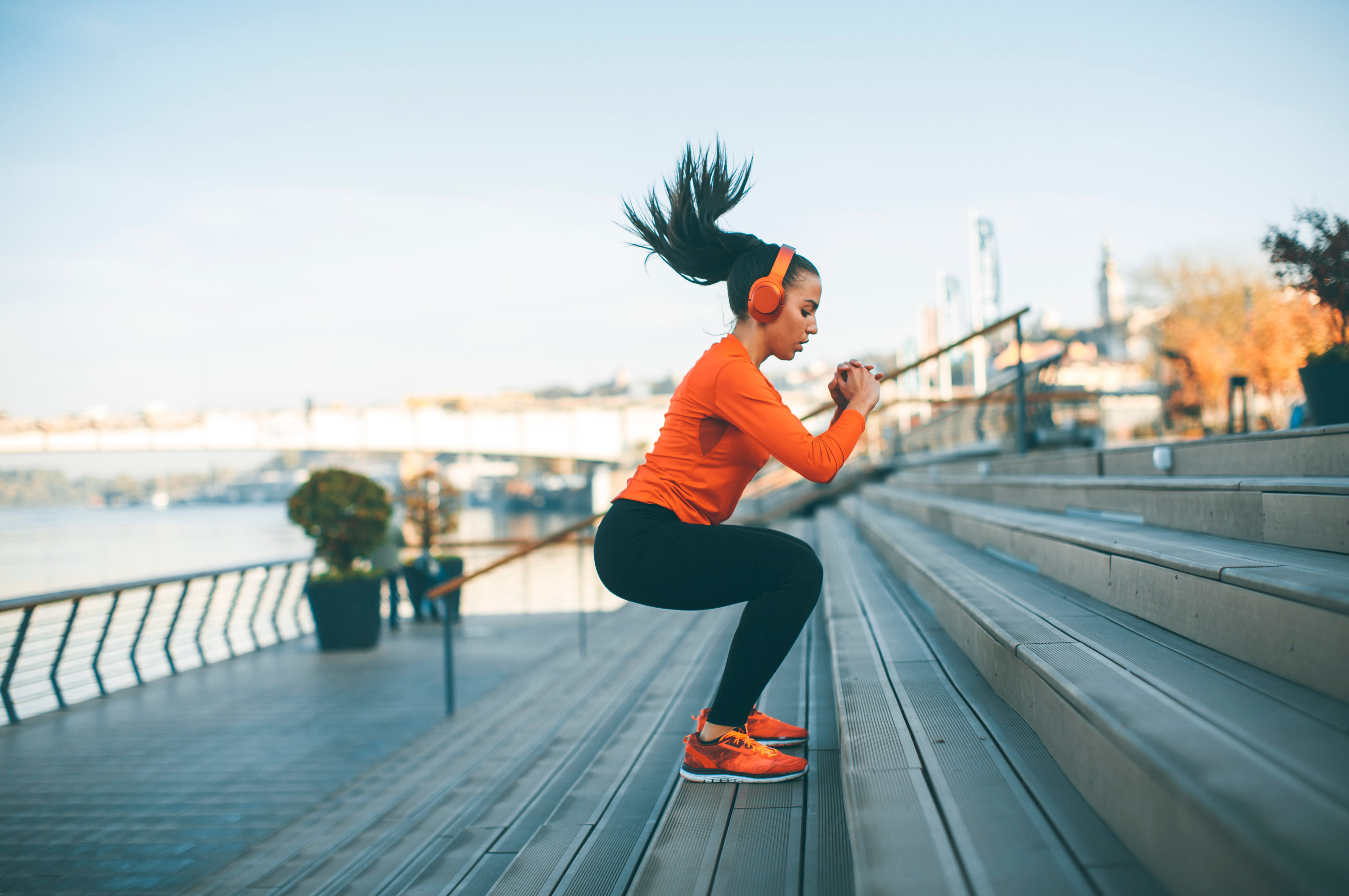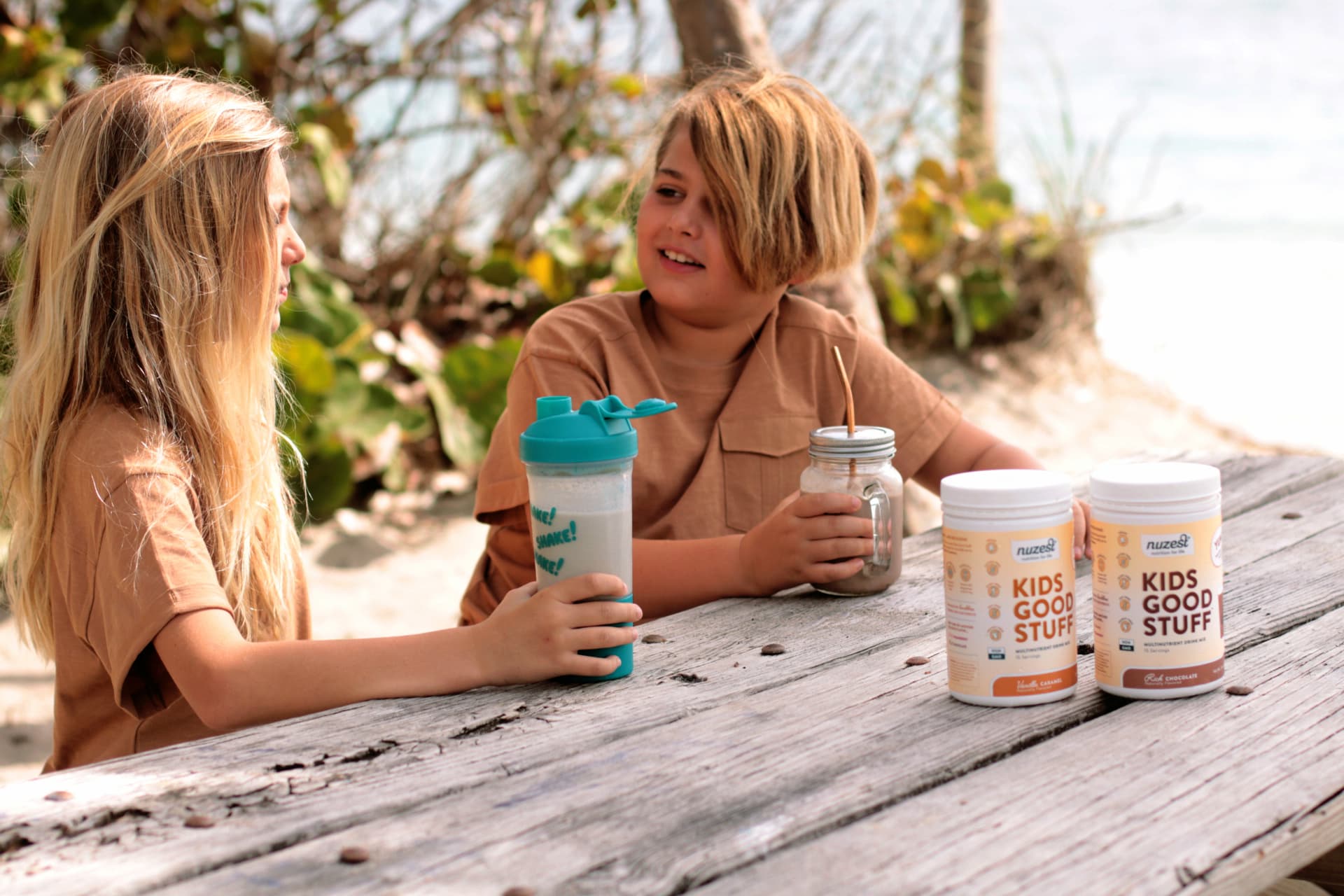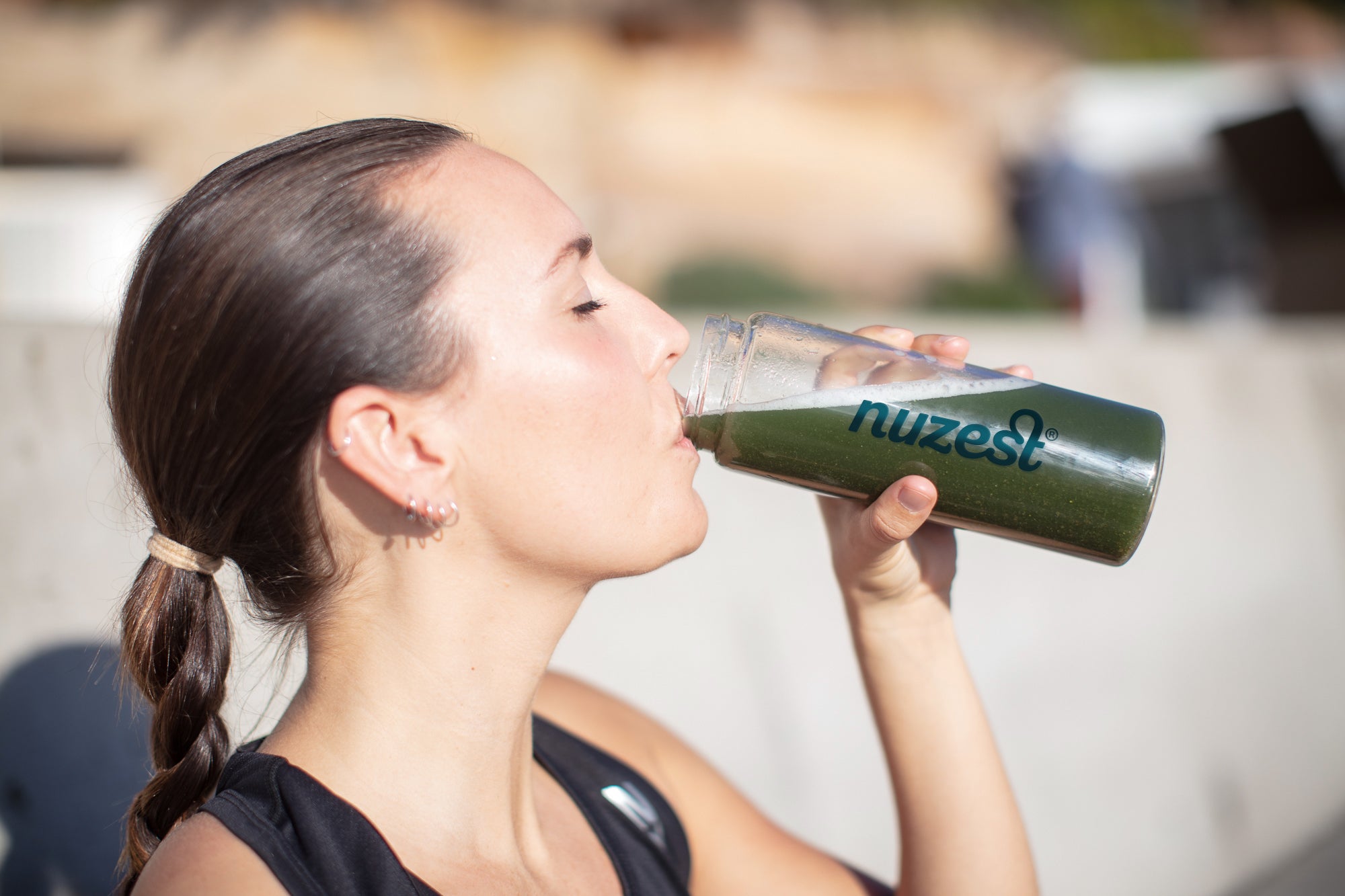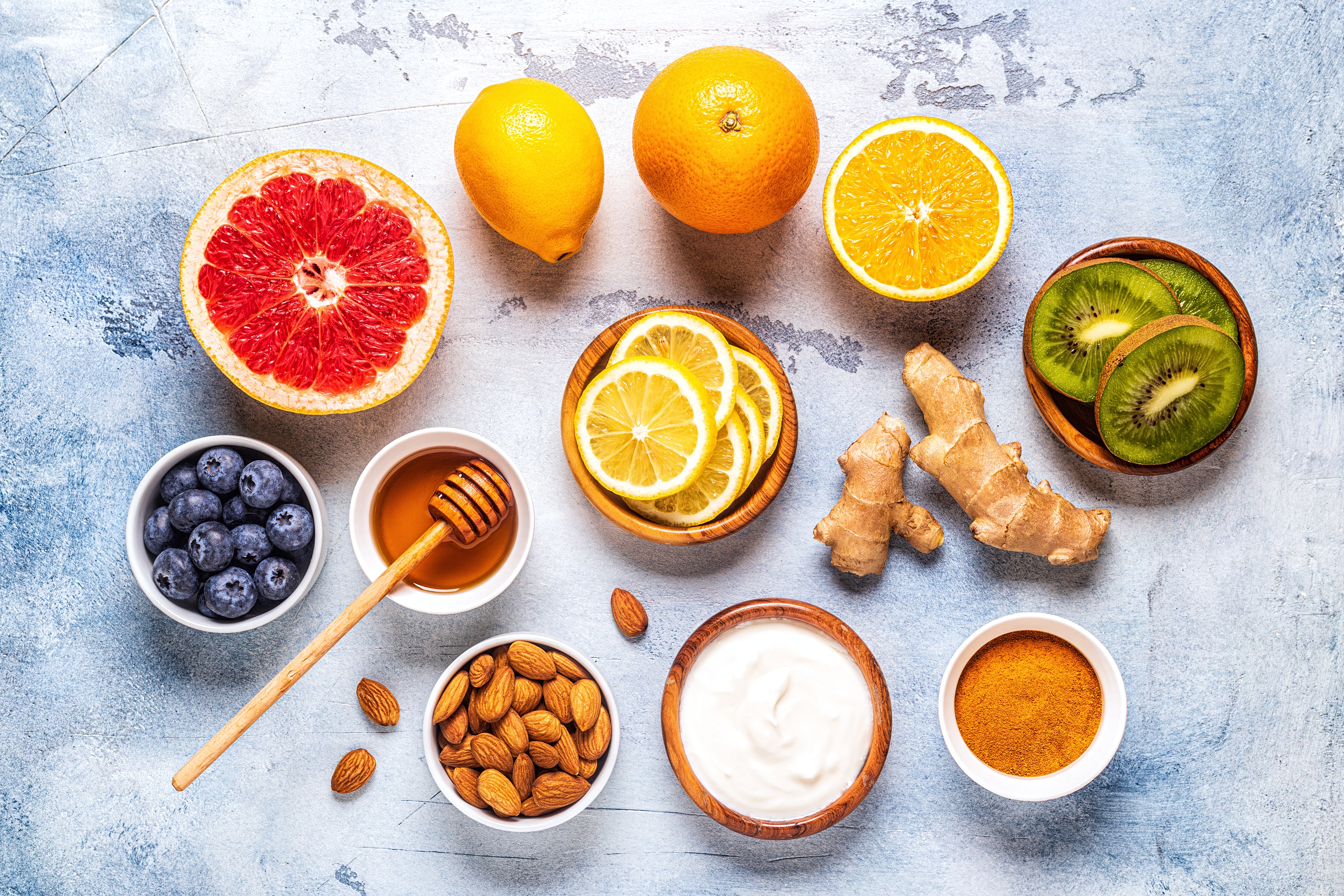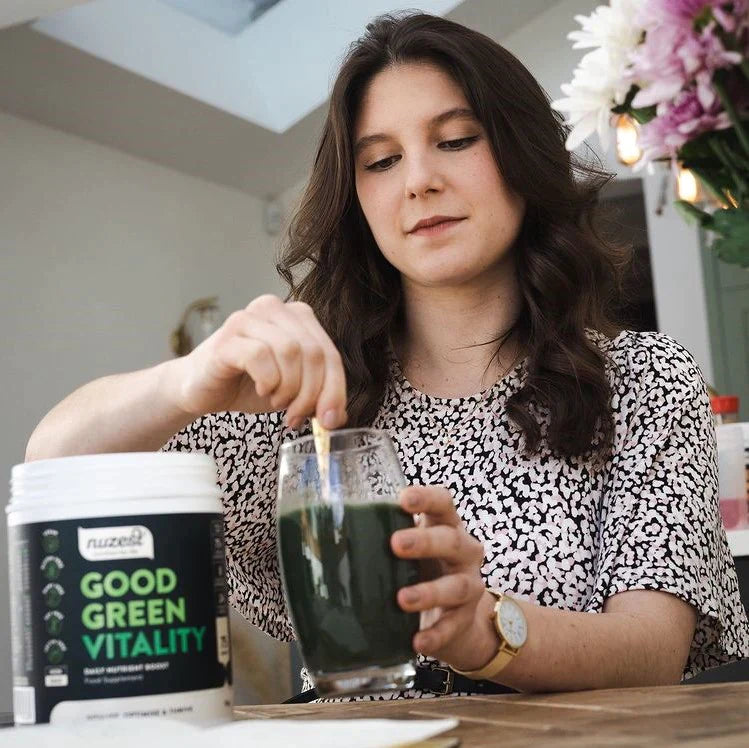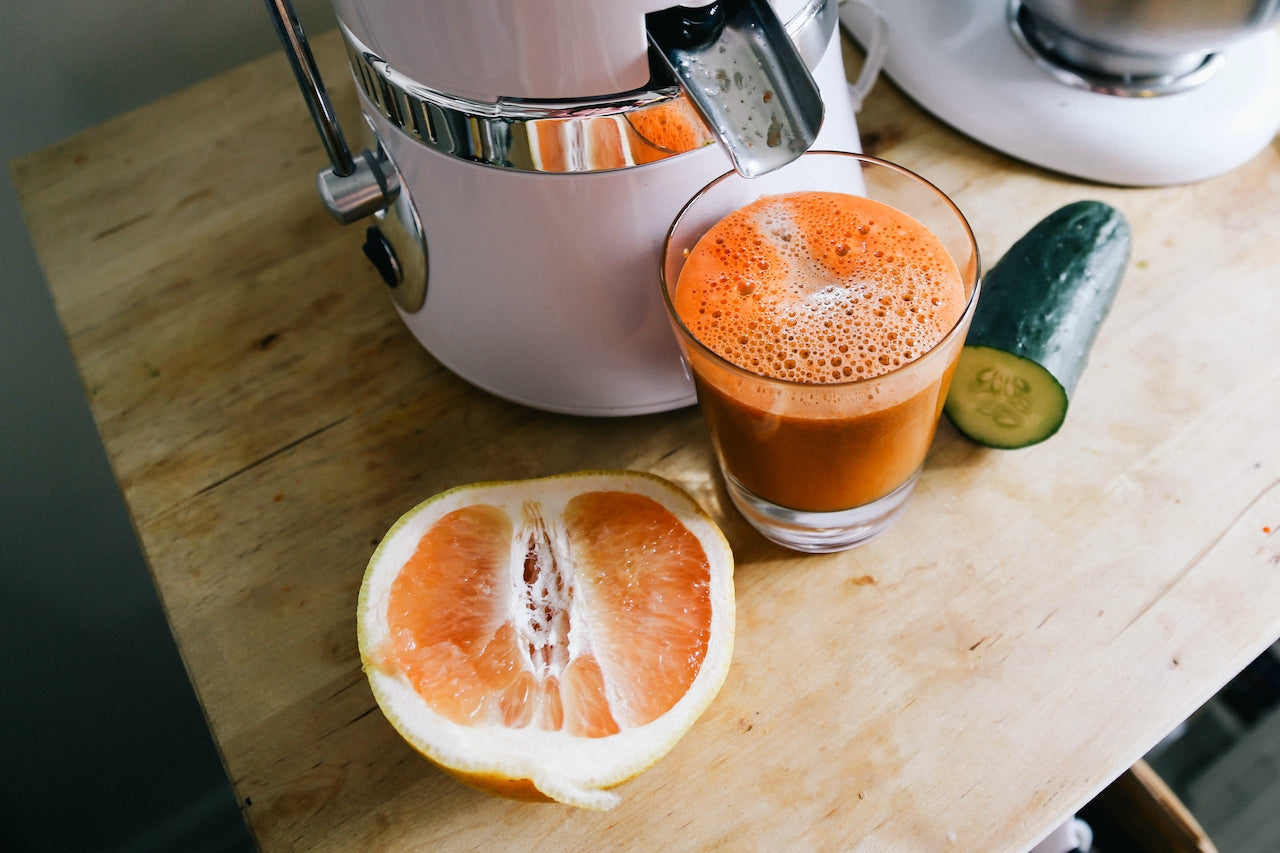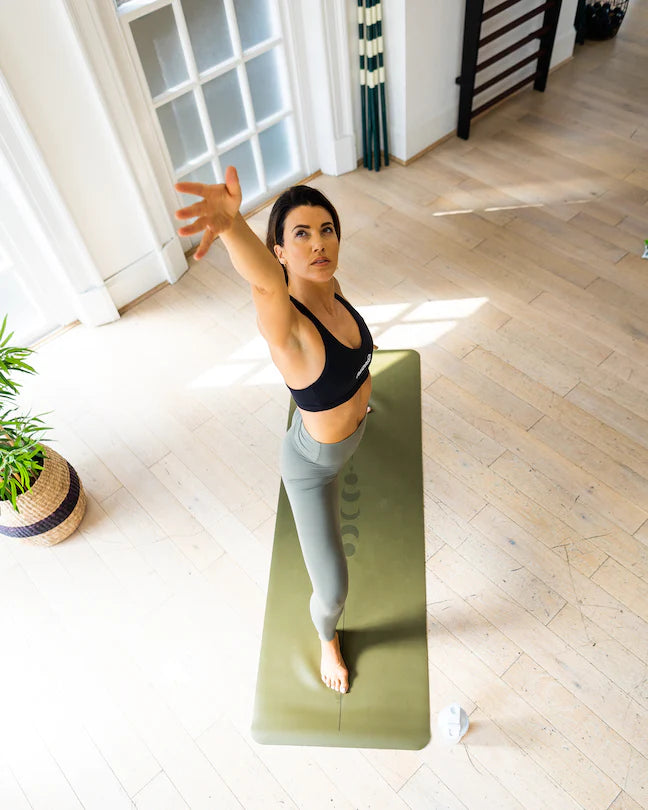Have you recently gone vegan and wonder what supplements you need? We’re here to help. Here’s a guide to what vegans need to know about supplements, nutrition, and making sure your body meets its nutritional needs. While it may be possible for most to get enough protein while eating a robust, healthful diet, vegans and carnivores both face junk-food laden food environments. Nutrient-poor, sugar- and salt-rich foods are often the cheapest or most accessible, and regardless of dietary restrictions, many on a Western diet may suffer from malnutrition despite meeting their caloric needs.
Protein
First, let’s get protein out of the way. Anyone who has ever given up meat knows all too well that suddenly everyone and their mother is concerned about your protein intake.
The Recommended Dietary Allowance (RDA) for protein is 0.8 grams per kilogram of bodyweight. So to calculate how much you need, take your weight in pounds, divide by 2.2, and multiply by 0.8.
Even if you are consuming enough protein, it may not contain enough essential fatty acids, which is where products like Clean Lean Protein by Nuzest can make a difference. Additionally, many vegans may have a difficult time consuming enough calories, especially if they fill up on low calorie and fiber-rich fruits and vegetables. People with additional protein needs, including athletes, pregnant and breastfeeding women, along with children and adolescents, may fall short on protein and other essential nutrients (such as B12 and folate), despite their best efforts. Nuzest protein powder offers quick, shelf-stable nutrition to bridge dietary gaps for many lifestyles and populations, plus it's a delicious and convenient way to ensure you're helping your body get what it needs. If you have any concern, rest assured that there are a variety of plant-based protein sources, including nuts, seeds, beans, legumes, tofu, tempeh, and whole grains. Even vegetables have protein in small amounts (kale has 3 grams per cup)! Clean Lean Protein by Nuzest has a whooping 18-21 grams per 90-calorie serving, and can help you reach your protein needs.
B12
A much bigger concern for vegans is Vitamin B12, as it is one of the few nutrients that is difficult to derive from plant sources. Vitamin B12 is a water-soluble vitamin found in meat, eggs, and dairy products. It’s essential for adequate energy production, to protect nerves and brain cells from free radical damage, and to support healthy immune and cardiovascular systems.
Also important, B12 is needed to make red blood cells to carry oxygen throughout your body. Without B12, you can become anemic.
B12 is naturally found in just a few plant-based sources, include spirulina, dried nori, seaweeds, barley grass, and nutritional yeast. There are also many fortified cereals and non-dairy milk to choose from, as well as a variety of vegan B12 supplements.
There are two forms of B12. Most supplements contain cyanocobalamin, a low-cost synthetic form of the vitamin that must be converted to another form (methylcobalamin) in the body, and then there’s methylcobalamin, which is the active and readily useable form of the vitamin.
Omega Fatty Acids
Omega-3 and omega-6 fatty acids are polyunsaturated fatty acids that are essential for cardiovascular, neurological, skin, and joint health. Abundant in fatty fish and fish oil, they can be a bit more difficult for vegans to consume in adequate amounts.
The DHA omega-3 fatty acid in particular can be hard to consume in adequate quantities. Vegan sources include algae and algae supplements.
Calcium
Some people worry that without milk, one cannot get enough calcium. But this isn’t true! Calcium is naturally abundant in many plant-based sources, including collard greens, beans, tahini, almonds, kale, and broccoli. There are also many calcium-fortified products, including orange juice, plant-based milk, and some brands of tofu.
Iron
Iron is an essential mineral that is a component of hemoglobin, a blood cell protein that transfers oxygen from the lungs to the tissues within your body. It also provides oxygen to muscles and supports metabolism. Whether you are vegan or not, it’s important to make sure you consume enough iron in your diet to help avoid anemia. Iron comes in two forms: heme and non-heme. Heme iron is absorbed better by the human body, and is found in meat, seafood, and poultry. Non-heme iron is found in egg yolks and plant-based foods, including legumes, nuts, seeds, dried fruits, whole grains, and fortified cereals. Iron absorption is impacted by other elements of your diet. Certain substances, like phytic acids found in some plant-based foods, inhibit absorption, while other nutrients, such as vitamin C, increase absorption.
It is recommended that healthy women, ages 19-50, consume 18 mg/day of iron, and healthy adult men consume 8 mg/day. One serving of Clean Lean Protein provides 4 mg iron. With a little planning, it is possible to consume a healthful, complete vegan diet. Eating a robust, varied plant-based diet is easier than ever, and with supplements like Clean Lean Protein, you can rest assured that you're helping your body get everything it needs.

